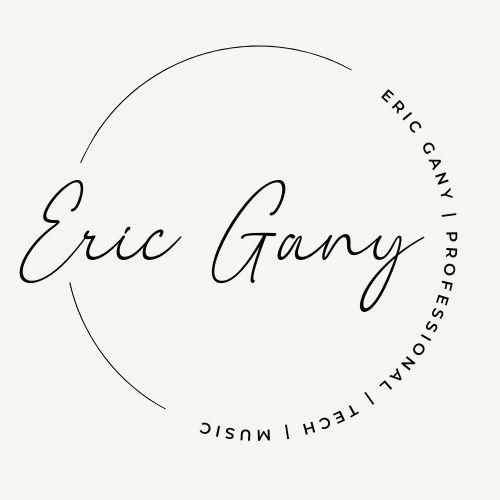Music festivals have become a significant cultural phenomenon, drawing thousands of music enthusiasts worldwide to gather and celebrate their shared love of music, art, and community. Beyond providing entertainment, music festivals play a profound role in shaping culture, fostering community connections, and promoting social change. In this blog post, we’ll explore the influence of music festivals on culture and community and examine how these events contribute to the fabric of society.
1. Celebrating Diversity and Inclusivity
Music festivals celebrate diversity and inclusivity by bringing together people from different backgrounds, cultures, and walks of life. Regardless of age, race, gender, or nationality, music festivals create a space where individuals can come together and connect through their shared passion for music. By celebrating diversity and promoting inclusivity, music festivals foster a sense of unity and belonging among attendees, transcending barriers and promoting understanding and acceptance.
2. Promoting Arts and Culture through Music Festivals
Music festivals serve as platforms for showcasing diverse musical genres, artistic expressions, and cultural traditions. From rock and hip-hop to jazz and electronic music, festivals feature an eclectic lineup of artists and performers representing global music culture’s rich tapestry. Music festivals often incorporate visual arts, performance art, and interactive installations, creating immersive experiences that engage all the senses and celebrate creativity and innovation.
3. Fostering Community Engagement
Music festivals unite communities and foster a sense of belonging and camaraderie among attendees. Whether camping under the stars, dancing with friends or sharing meals with strangers, festivals allow people to connect, collaborate, and form lasting friendships. Through shared experiences and collective participation, music festivals strengthen community bonds, promote social cohesion, and create memories that last a lifetime.
4. Supporting Local Economies
Music festivals have a significant economic impact on the communities in which they are held, generating revenue for local businesses, restaurants, hotels, and vendors. Festivals attract tourists and visitors who contribute to the local economy through spending on accommodations, dining, transportation, and souvenirs. Additionally, festivals create employment opportunities for local residents, including event staff, security personnel, and vendors, stimulating economic growth and development in the region.
5. Promoting Social Change and Activism
Music festivals promote social change, raise awareness about important issues, and advocate for social justice and equality. Many festivals incorporate activism, advocacy, and philanthropy into their programming, partnering with nonprofit organizations and social movements to address environmental conservation, human rights, and mental health awareness. Through music, art, and activism, festivals inspire attendees to take action and positively impact the world around them.
Conclusion
In conclusion, music festivals are vital in shaping culture, fostering community connections, and promoting social change. By celebrating diversity, promoting arts and culture, encouraging community engagement, supporting local economies, and advocating for social change, festivals contribute to the fabric of society and create meaningful experiences for attendees. As we navigate the challenges of the modern world, music festivals serve as beacons of hope, unity, and inspiration, reminding us of the power of music, art, and community to bring people together and make a difference.

